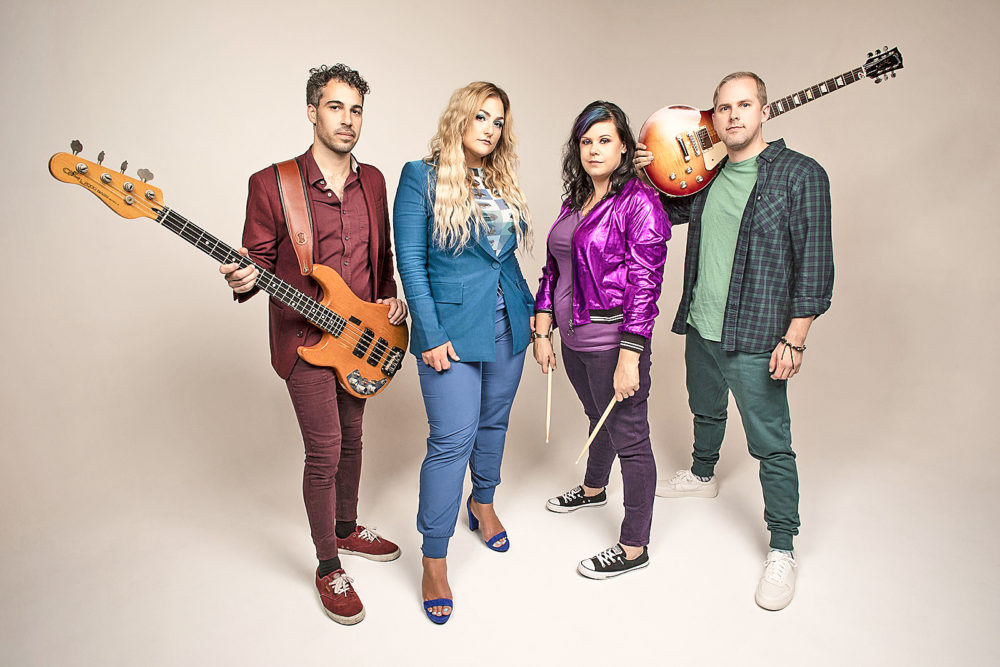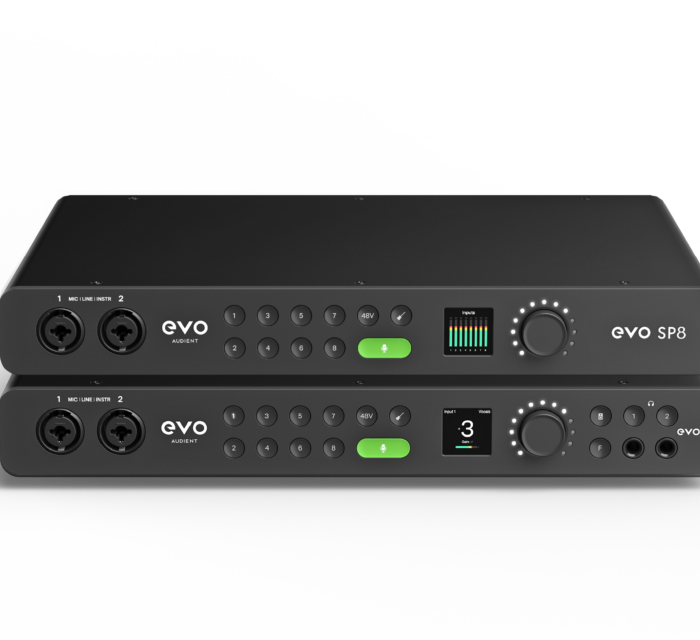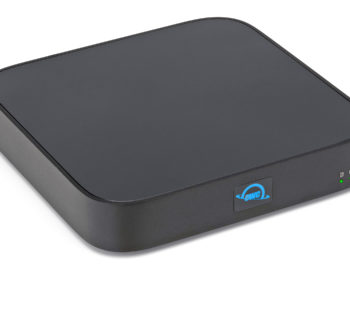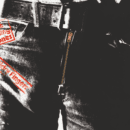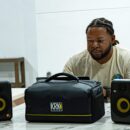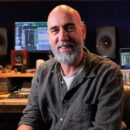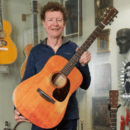Ebonie Smith has always loved music, although as she was starting out she had her sights set on a career in the WNBA. But when she was about 15, she stepped into Memphis’ Strings & Things where she witnessed a Roland sequencer wielding its might. Her love for it was deep and immediate and it shaped the way she hears songs: piece-by-piece rather than as a whole.
Smith studied music in college, interned everywhere she could and earned her master’s degree at NYU. Smith is now the senior producer & engineer with Atlantic Records in N.Y.C. She’s worked on soundtracks such as Hamilton, Mean Girls and Dear Evan Hansen and alongside artists including The Roots and Alanis Morissette. In 2007 Smith founded Gender Amplified at Barnard College, a non-profit dedicated to helping women in music, production and engineering.
A key part of a producer’s job is to make artists feel comfortable and to establish a vibe that fosters creativity. The main strategies that Smith employs are largely sensory ones. “You need to make sure that there’s soft lighting, the studio smells great and that the temperature is right,” she asserts. “Artists’ olfactory experiences are often overlooked. If the studio smells bad or the temperature isn’t right, that can create a bit of anxiety. Sometimes I’ll favor lamps over ceiling lights, especially if the overheads are abrasive. Dimmers or warmer-colored bulbs help too. Beyond that, your disposition matters a lot. I make sure that I know something about the artist so that we can converse and I can learn what their expectations are.
“As soon as an artist goes into the live room and starts screwing around on instruments, I’m rolling, so I’ve caught whatever they’ve done,” she continues. “That’s one of my favorite parts of being an engineer: the ability to capture everything. I don’t want to ever relay the bad news that I didn’t get something or ask an artist if they’re ready to record. When you can tell them that you’ve caught something and they didn’t even know you were rolling, that ups the respect level and they know that they can trust you. Good engineers arrive early and leave late. They’re always ready.”
Being in New York, Smith is often tapped to work on Broadway recordings. Not surprisingly, the challenges associated with them differ significantly from records with individual artists. “There’s usually tons of sheet music brought in and you have to make sure everything is orderly,” she explains. “You’re dealing with musicians that are doing eight shows a week and they have to fit in a session between rehearsals and shows. An individual artist may spend days in the studio and not record anything or record things that they end up scrapping. In my experience with cast albums, they don’t even get green-lit until you pretty much know all of the material and basically you’re recording every song from the show. Decisions have already been made and there isn’t a lot of creative input at that point. There are also a lot of union rules that don’t allow performers to record past a certain time and there may be sessions with a hundred tracks dedicated solely to the orchestra.”


